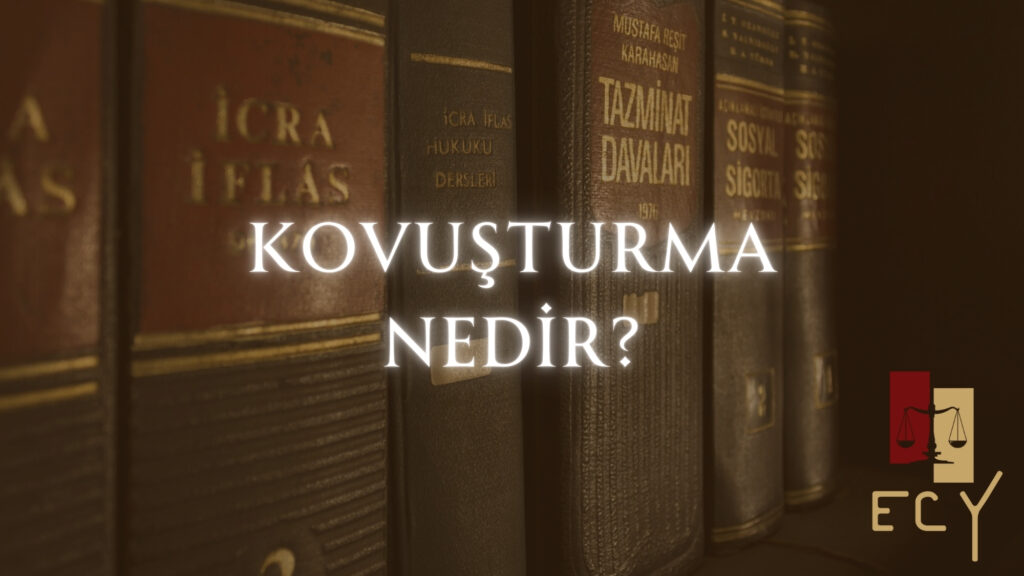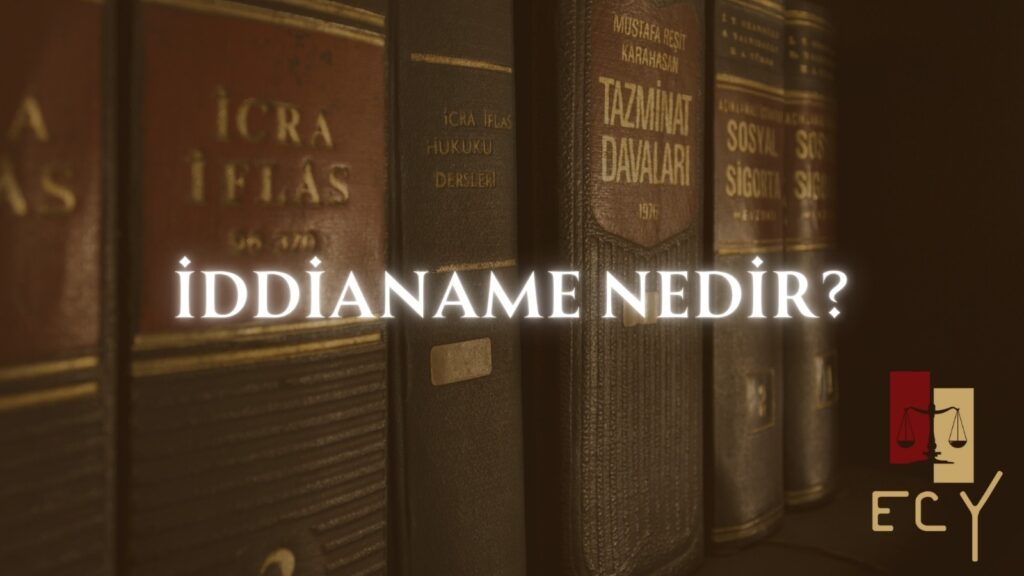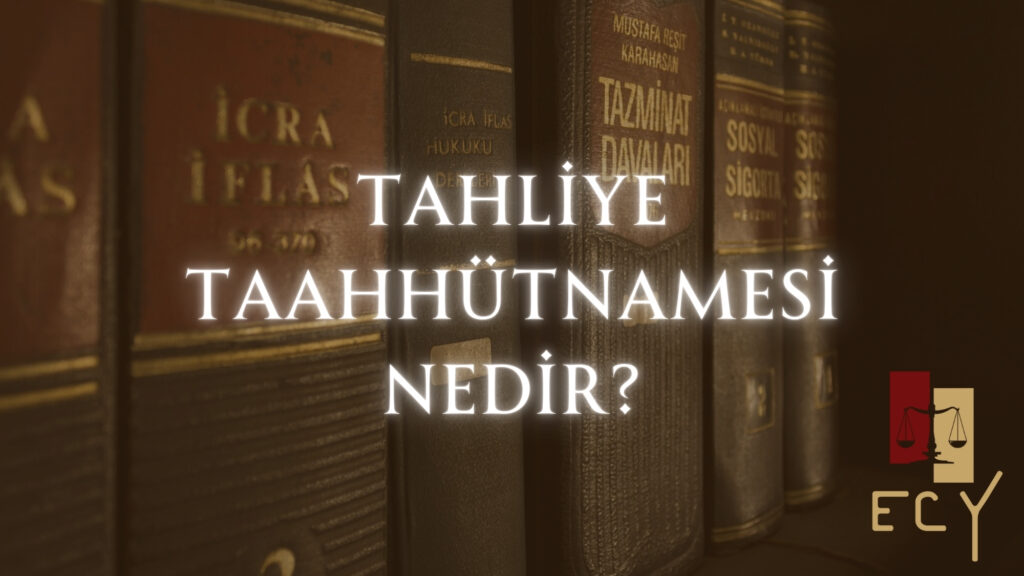Pursuant to Article 175/1 of the Code of Criminal Procedure, prosecution refers to the process that starts with the acceptance of the indictment by the court and ends with the finalization of the judgment. An indictment against a person under suspicion of a crime will be issued if sufficient suspicion is reached during the investigation phase. Until the end of the prosecution process, the person who is charged with a crime will be the defendant. Legal entities cannot have the title of defendant. Only natural persons of sound mind can be suspects or defendants.
The prosecution phase is managed by the competent and authorized court. First, pursuant to Article 191 of the Code of Criminal Procedure, the hearing begins by determining whether the accused and his/her defense counsel are present and whether the summoned witnesses and experts have arrived. The presiding judge or the Court chief interrogates the accused and ensures that the evidence is presented. If the defendant fails to appear for the hearing, the court shall not hold a hearing, and if the defendant has not provided any excuse for his/her failure to appear, a compulsory appearance order shall be issued. It should be noted that the court may, at any time order the defendant to be brought in by compulsory appearance order or warrant of arrest.
It is very important for the accused to know his/her rights during the prosecution phase. Both domestic and international legislation and jurisprudence protect the rights of the accused. Some of these rights are: The right to know the charges, the right to a fair trial, the right to a defense counsel, the right to remain silent and the right to request the collection of evidence. A decision of the Criminal General Assembly of High Court of Appeals on the subject is as follows:
Since the defendant’s counsel was not present at the hearing, the court did not immediately appoint another defense counsel. The trial continued without appointment and sentencing in the absence of the counsel restricted the defendant’s right to defense, which necessitated a reversal.
After the trial of the accused has been completed in accordance with the relevant provisions of the Code of Criminal Procedure, the court panel or the judge informs the parties that it has proceeded to the sentencing phase. The public prosecutor gives an opinion on the merits and states his/her final comments on the accused and the accusation of a crime. After the public prosecutor gives his/her opinion on the merits, the defendant is given the necessary time to present his/her defense. After the submission of the defenses on the merits, the defendant is given the last word before the verdict is announced. It is important to note that failure to give the defendant the last word before the announcement of the verdict is a ground for reversal. After the defendant has spoken his/her last words, the judgment is announced and the prosecution phase is completed. Pursuant to Article 223 of the Code of Criminal Procedure, the court may decide on one of the following types of verdict by explaining its reasoning:
1- Conviction decision
2- Acquittal decision
3- Decision to dismiss the case
4- Decision not to impose a penalty
5- Decision to impose a security measure
6- Decision to dismiss the case



